Understanding the Strategist Class Foundation
The Strategist class represents the backbone of any successful Marvel Rivals team composition, serving as the primary healing and support foundation that enables your team to maintain sustained pressure and battlefield presence. These heroes function as both healers and buff characters, wielding the unique ability to keep teammates alive through direct health restoration while simultaneously enhancing team capabilities through various supportive abilities.
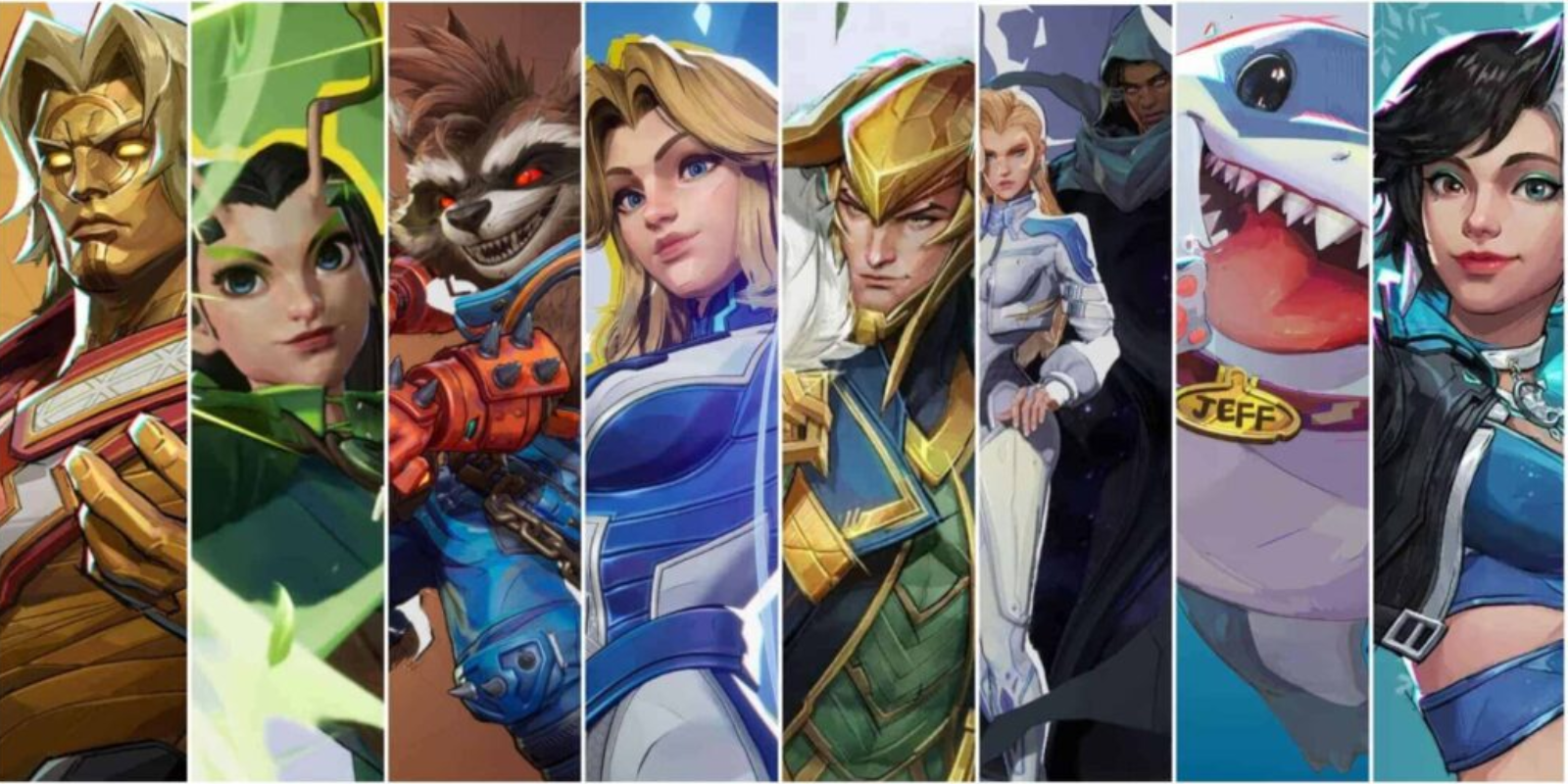
While Strategist heroes retain combat capabilities and can engage in direct confrontation when necessary, their fundamental design philosophy centers around team preservation and enhancement rather than elimination. This support-focused approach makes them the cornerstone of team survival, as their primary responsibility revolves around maintaining teammate health bars and ensuring maximum team uptime during engagements.
The Strategist class consistently ranks as the least selected role among Marvel Rivals players, primarily because the majority of participants gravitate toward direct combat engagement and elimination-focused gameplay. This preference creates a natural shortage of support players, making skilled Strategist users incredibly valuable to any team composition. The class demands a more reserved and calculated playstyle, requiring players to shift their focus from personal combat achievements to team-wide success metrics.
Advanced Vanguard Partnership Strategies
Building the Tank-Support Alliance
Your relationship with the Vanguard class forms the fundamental core of effective Strategist gameplay. Vanguard heroes dedicate themselves to protecting the entire team through damage absorption and enemy engagement, but their effectiveness directly correlates with their survival duration. Without consistent healing support, even the most skilled tank players will eventually succumb to accumulated damage, leaving your team exposed and vulnerable.
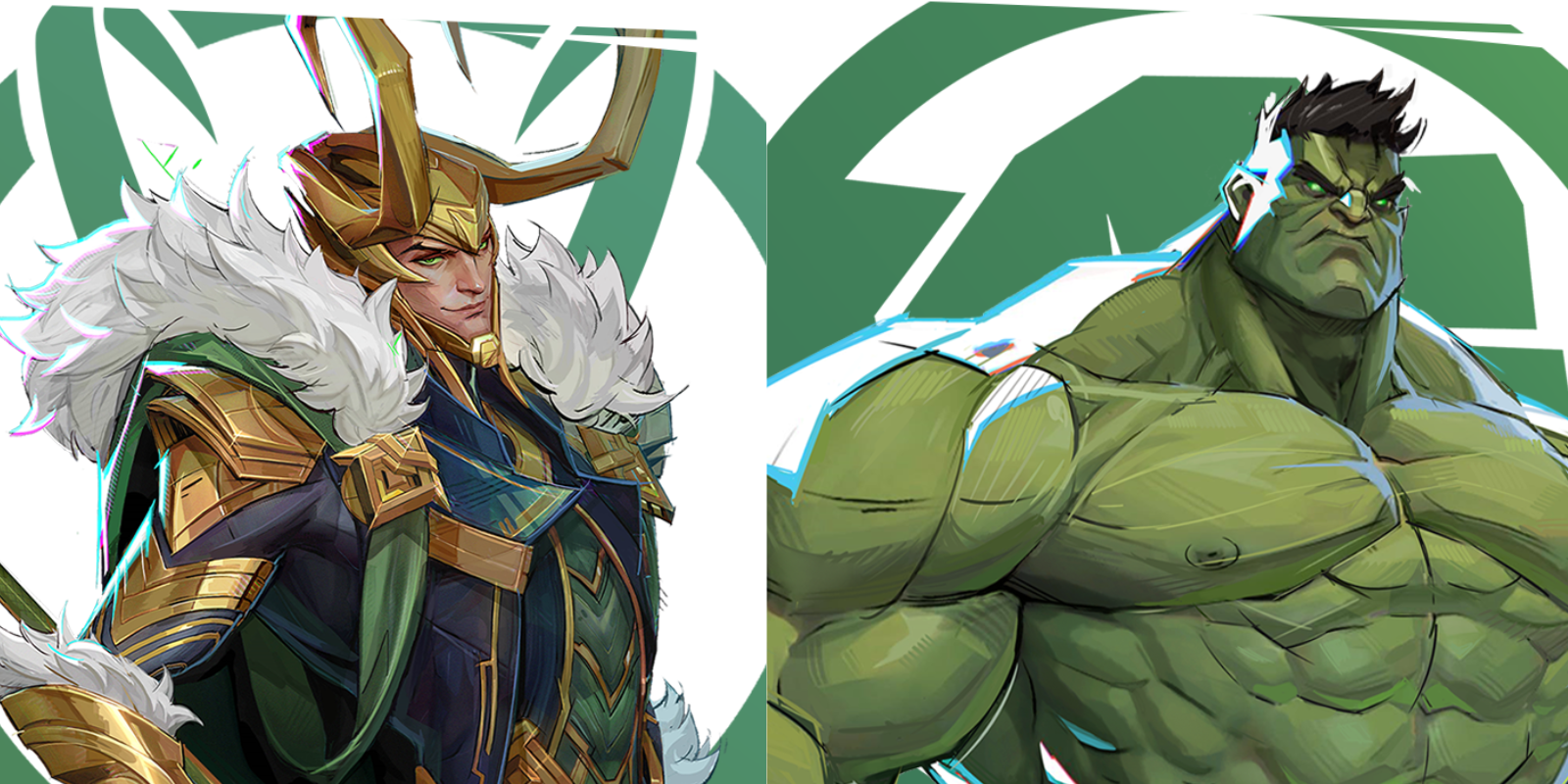
The symbiotic relationship between Strategist and Vanguard creates a defensive foundation that exponentially increases your team's survivability. By maintaining consistent healing on your tank, you enable them to absorb significantly more damage over extended periods, which directly translates to reduced pressure on your more vulnerable teammates. This protection cascade effect means that keeping your Vanguard alive simultaneously protects your lower health pool allies who would otherwise become primary targets.
Personal Survival Through Tank Protection
Strategist heroes inherently possess low health pools, making them extremely vulnerable to enemy focus fire and elimination attempts. Your survival often depends entirely on maintaining proximity to your Vanguard, who can provide the protection necessary for you to continue healing operations. This creates a mutually beneficial relationship where your healing keeps the tank operational, while their presence keeps you alive to continue providing support.
The strategic positioning behind your Vanguard allows you to utilize them as both a damage shield and an early warning system for incoming threats. When enemies attempt to breach your defensive line, your tank serves as the first indicator of danger, giving you precious seconds to adjust positioning or prepare defensive measures. This partnership requires constant communication and positioning awareness to maximize effectiveness.
Mastering Resurrection Mechanics
Adam Warlock's Ultimate Revival Management
Adam Warlock possesses one of the most powerful revival abilities in Marvel Rivals through his ultimate ability, which provides massive resurrection potential for multiple fallen teammates. However, this ability operates on a limited-use system, making timing and target selection absolutely critical for maximum impact. The temptation to immediately revive any fallen ally can lead to suboptimal usage that wastes the ability's full potential.
Strategic ultimate usage requires careful evaluation of the current battlefield situation and anticipation of upcoming engagement patterns. Using your revival ultimate to resurrect a single teammate when multiple allies might fall in the immediate future represents a significant tactical error.
Strategic ultimate usage requires careful evaluation of the current battlefield situation and anticipation of upcoming engagement patterns. Using your revival ultimate to resurrect a single teammate when multiple allies might fall in the immediate future represents a significant tactical error. Instead, maintain awareness of enemy ultimate abilities, engagement timing, and team positioning to identify optimal moments when multiple resurrections can swing team fights decisively.
The key to effective Adam Warlock ultimate management lies in understanding engagement flow and recognizing when teams are most likely to suffer multiple casualties simultaneously. Large team fights, objective contests, and ultimate ability exchanges represent prime opportunities for maximum revival impact.
Rocket Raccoon's Tactical Revive Placement
Rocket Raccoon's revival mechanism operates through strategic placement of revival devices, requiring careful consideration of both concealment and accessibility factors. The positioning of these devices directly impacts their effectiveness, as placement in obvious locations allows enemies to easily identify and destroy them before they can be utilized.
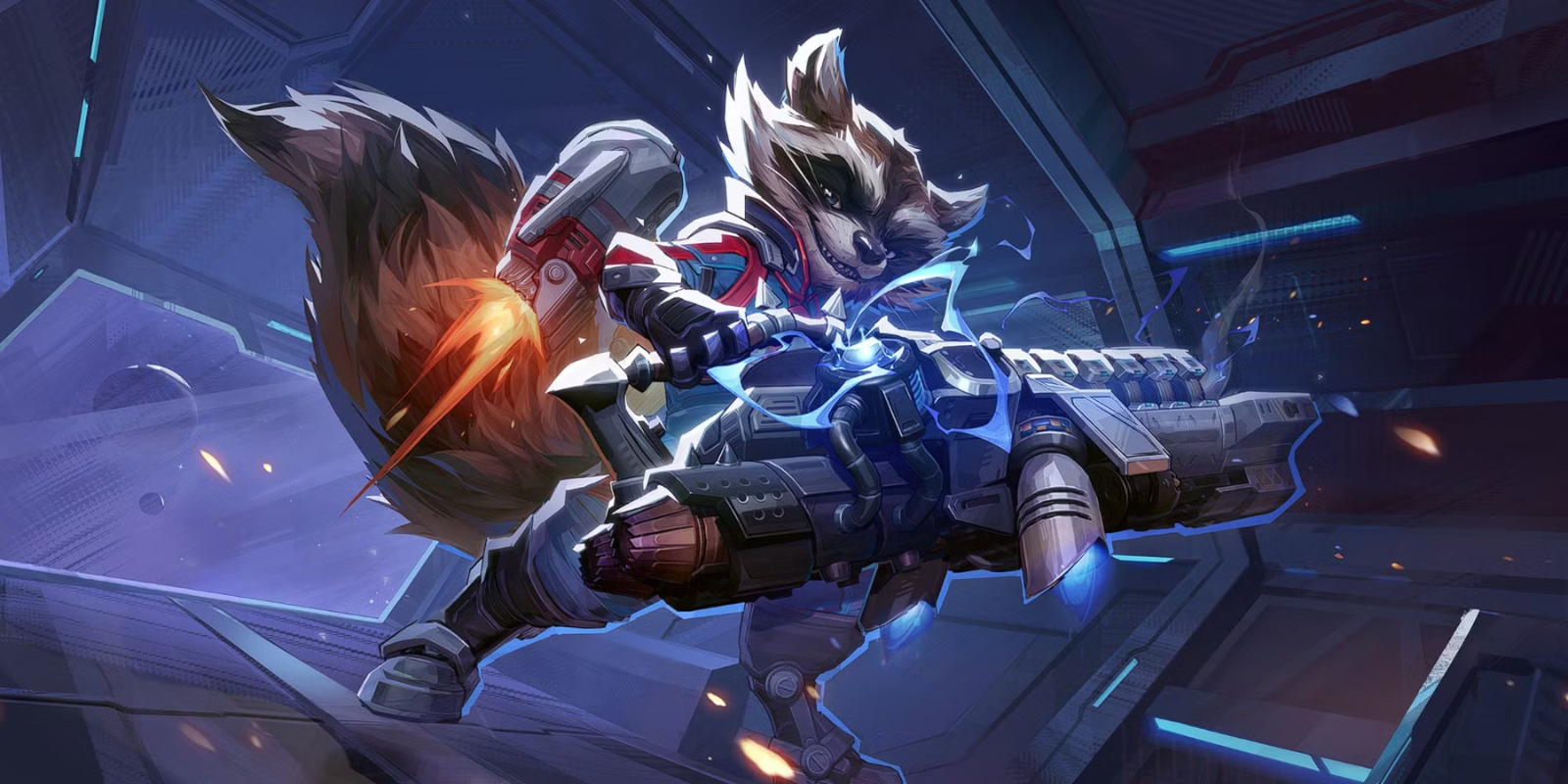
Effective revive placement demands a balance between stealth and utility. The device must remain hidden enough to avoid enemy detection while staying close enough to active combat zones to provide meaningful tactical advantage. When properly positioned, fallen allies can return to battle almost immediately, maintaining team pressure and preventing enemies from capitalizing on temporary numerical advantages.
The timing of revive deployment is equally crucial, as premature placement in areas that may become contested can result in device destruction, while delayed placement might miss critical revival windows. Understanding engagement flow and predicting where team fights will occur allows for optimal device positioning that maximizes revival success rates.
Comprehensive Team Awareness Techniques
Dynamic Healing Priority Management
Effective Strategist gameplay requires constant evaluation and re-evaluation of healing priorities based on rapidly changing battlefield conditions. While it may seem logical to focus healing attention on obviously damaged allies, this tunnel vision approach often leads to missed opportunities and preventable teammate deaths in other areas of engagement.
The challenge lies in maintaining awareness of all five teammates simultaneously while actively participating in combat positioning and threat assessment. This requires developing a mental rotation system that regularly checks on each team member's status, location, and immediate danger level. Seconds matter critically in healing applications, as the difference between life and death often comes down to healing arrival timing.
Aerial awareness represents a particularly crucial aspect of comprehensive team monitoring. Flying characters operate in three-dimensional space and often find themselves isolated from ground-based cover options, making them extremely vulnerable when engaged by enemy forces. Regular upward scanning ensures that airborne teammates receive necessary support before they become overwhelmed by enemy pressure.
Situational Healing Adaptation
Different engagement scenarios require adaptive healing approaches that prioritize based on immediate tactical needs rather than simple damage metrics. A heavily wounded Duelist positioned outside your line of sight to other teammates might seem like an obvious healing priority, but focusing exclusively on their needs could result in multiple teammate deaths in your immediate vicinity.
Effective priority management involves weighing current damage levels against immediate threat potential and positioning accessibility. A teammate at moderate health facing immediate enemy pressure often requires more urgent attention than a heavily damaged ally in a temporarily safe position. This dynamic assessment requires constant situation evaluation and flexible response patterns.
The key to successful healing management lies in understanding engagement patterns and predicting where the most critical healing needs will emerge. This anticipatory approach allows for proactive healing placement rather than reactive responses to emergencies.
Strategic Positioning and Team Integration
Maintaining Optimal Support Position
Strategist positioning requires a delicate balance between accessibility to all teammates and personal safety from enemy threats. The optimal support position typically places you behind your team's front line, using your allies as both a defensive barrier and a clear line of sight to healing targets. This positioning allows for maximum healing coverage while minimizing exposure to enemy elimination attempts.
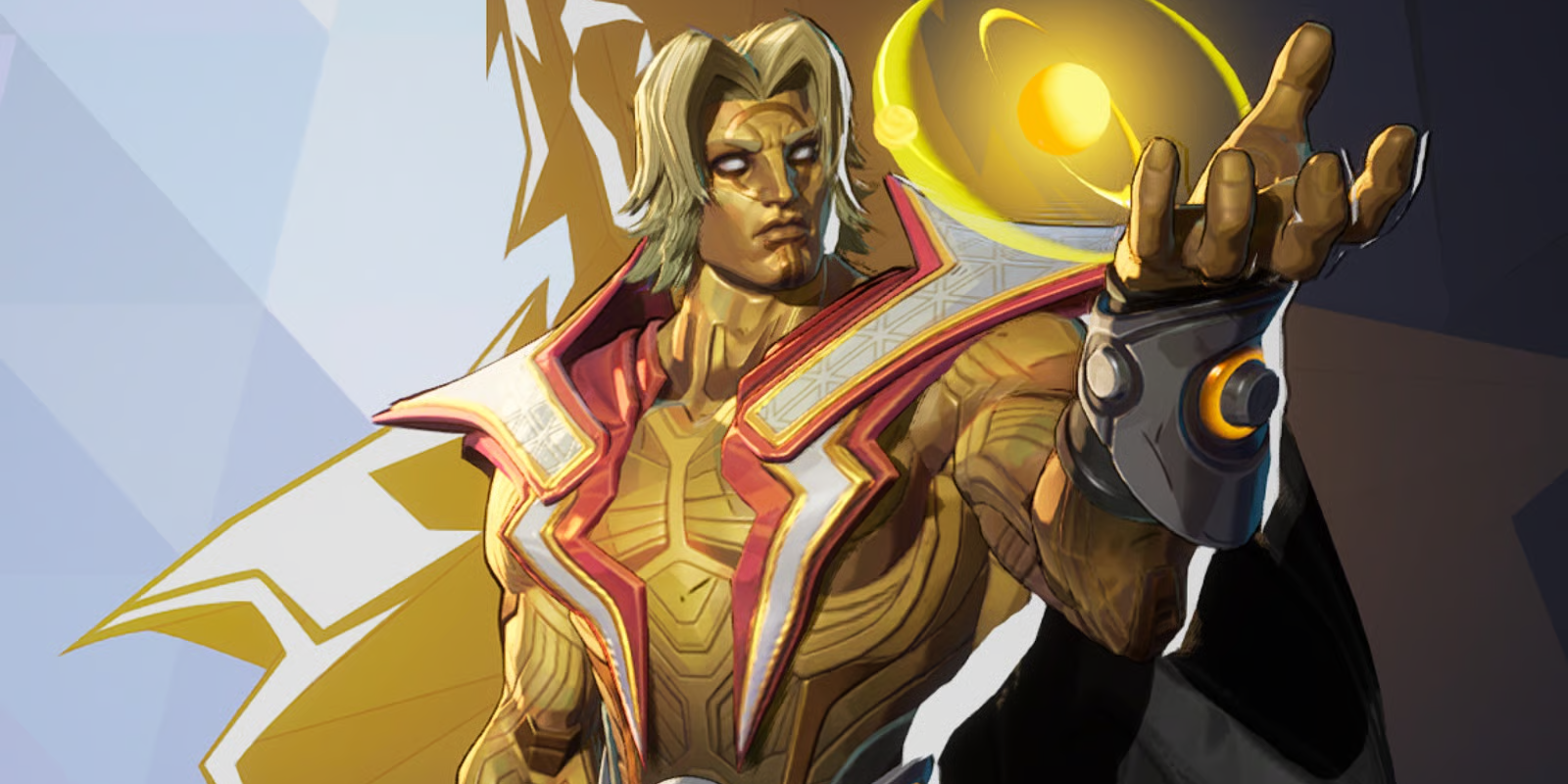
The concept of using teammates as shields should not be interpreted as hiding or avoiding engagement, but rather as strategic positioning that maximizes your survival duration and healing uptime. Your continued presence on the battlefield provides exponentially more value than any temporary combat contribution you might achieve through aggressive positioning.
Positioning awareness must remain dynamic and responsive to changing engagement patterns. As team fights develop and positioning shifts, your support position must adapt accordingly to maintain optimal healing coverage and personal safety. This requires constant movement and positioning adjustment based on teammate locations and enemy threat patterns.
The Critical Nature of Team Cohesion
Unlike other classes that may occasionally benefit from independent action or flanking maneuvers, Strategist heroes possess no viable reason for solo operation. Your low health pool and limited damage output create extremely unfavorable odds in any isolated combat encounter, making team separation a critical tactical error that typically results in quick elimination.
The fundamental design of Strategist heroes assumes constant team proximity and cooperative gameplay. Attempting to operate independently immediately removes your primary survival mechanism (teammate protection) while failing to provide meaningful combat contribution due to inherent damage limitations. When you find yourself isolated from your team, immediate retreat and regrouping should be your only priority.
Retreat timing is crucial for maintaining team support uptime. Recognizing dangerous situations early and withdrawing to safety allows for quick return with teammate support, while attempting to fight through hopeless encounters results in death and extended respawn timing that leaves your team without healing support for significantly longer periods.
Role Adherence and Team Optimization
Understanding Class Limitations and Strengths
Success in Marvel Rivals requires complete commitment to your chosen class role and its associated responsibilities. Attempting to fulfill functions outside your class design parameters not only reduces your effectiveness in your intended role but actively harms your team's overall performance. Strategist heroes are specifically designed for support functions, and deviation from this role creates gaps in team composition that enemies can exploit.
The temptation to engage in aggressive damage dealing or attempt tank-like damage absorption represents a fundamental misunderstanding of class synergy and team dynamics. Each class is designed to excel in specific areas while relying on other classes to cover their weaknesses. When you abandon your support role to attempt damage dealing, you create a double negative effect: reduced healing support for your team and suboptimal damage output compared to dedicated damage dealers.
Team Composition Balance and Adaptation
Effective team play requires recognition of missing roles and strategic adaptation to fill composition gaps. However, this adaptation should occur through character selection rather than gameplay deviation from your chosen role. If your team lacks specific capabilities, switching to an appropriate character is far more effective than attempting to fulfill multiple roles simultaneously with a single character.
Understanding your team's needs and adapting your playstyle within your role parameters allows for optimized performance without sacrificing core functionality. A Strategist can adjust healing priorities, positioning, and ability usage based on team composition while maintaining their fundamental support role.
Advanced Strategist Techniques for Competitive Play
Predictive Healing and Damage Mitigation
Advanced Strategist gameplay involves developing predictive healing patterns that anticipate damage rather than simply responding to it. This proactive approach requires understanding enemy ability rotations, engagement timing, and damage patterns to position healing effects before damage occurs rather than after teammates have already suffered losses.
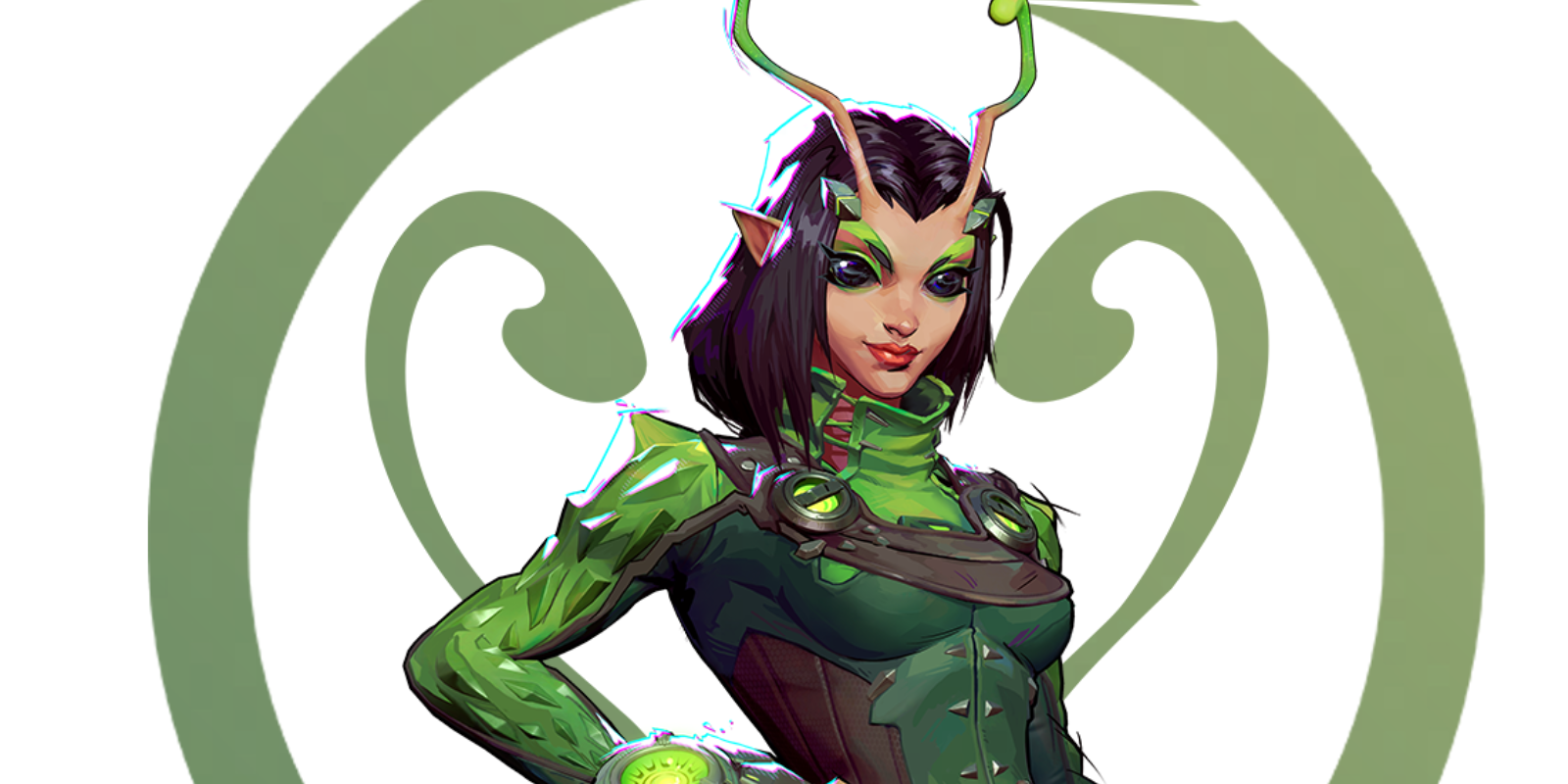
Damage mitigation through proper positioning and timing can often prevent more damage than direct healing can restore. Understanding when teammates are about to enter dangerous situations allows for pre-positioning healing effects and abilities to minimize the impact of enemy damage rather than attempting to restore health after significant losses have occurred.
Resource Management and Ability Optimization
Effective Strategist play requires careful management of healing resources and ability cooldowns to ensure maximum uptime and availability during critical moments. This involves understanding the rhythm of engagements and planning ability usage to align with periods of highest healing demand.
Ability optimization extends beyond simple cooldown management to include understanding the most effective timing and targeting for each ability type. Different healing abilities excel in different situations, and matching the right healing tool to the specific tactical situation maximizes effectiveness and resource efficiency.
Mastering the Strategist Mindset
The Strategist role in Marvel Rivals demands a fundamental shift in gameplay perspective from individual performance metrics to team-wide success indicators. Success is measured not through personal elimination counts or damage statistics, but through team survival rates, engagement duration, and objective completion success.
Mastering the Strategist role requires patience, situational awareness, and complete commitment to team support functions. Players who can embrace this support-focused mindset and develop the tactical skills necessary for effective healing management become invaluable assets to any team composition.
The shortage of skilled Strategist players in Marvel Rivals creates tremendous opportunities for those willing to master the role. By developing comprehensive healing techniques, positioning awareness, and team coordination skills, Strategist players can single-handedly determine the outcome of matches through their support contributions.
Remember that every successful team requires a strong foundation of support, and the Strategist class provides that critical foundation. Embrace the responsibility, master the techniques, and become the cornerstone that enables your team to achieve victory in Marvel Rivals.
